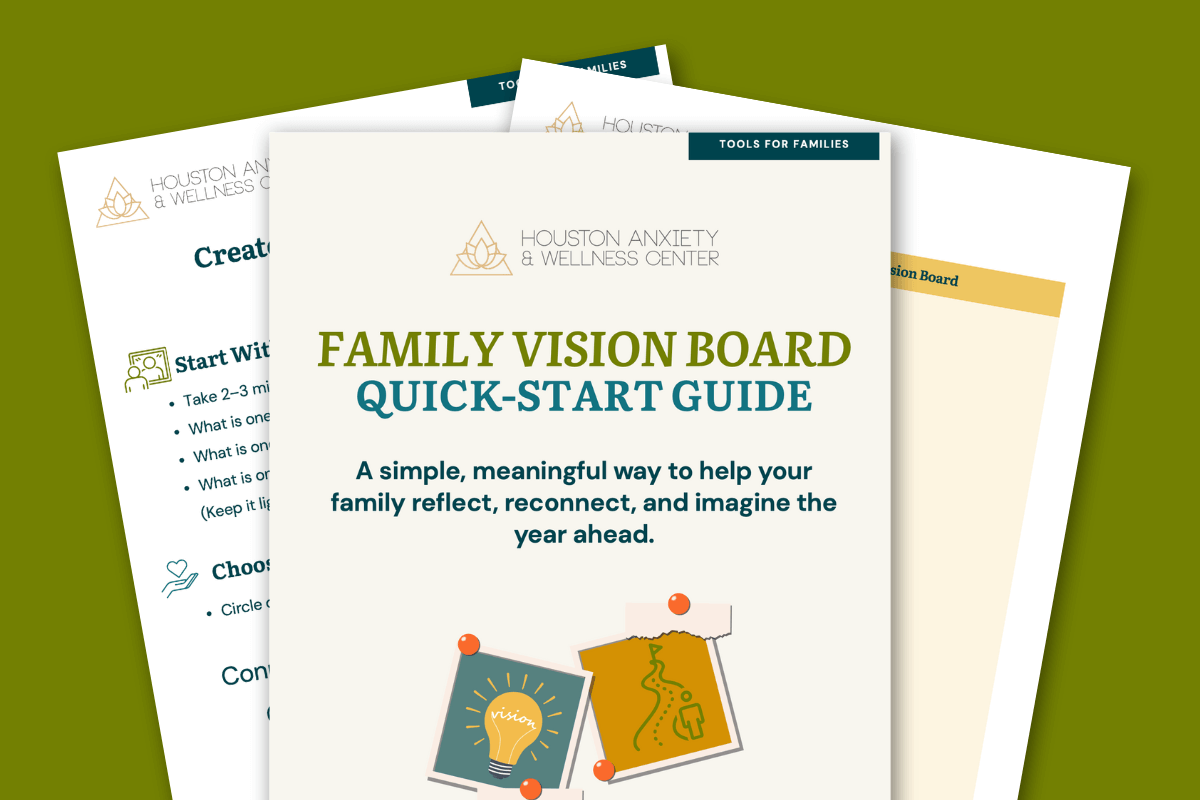
Despite growing knowledge and greater openness to talking about eating disorders, there are still several misconceptions that exist. Those with and without eating disorders are vulnerable to these myths.
Here are some of the most common myths mental health providers hear:
MYTH: Males don’t have eating disorders.
FACT: While eating disorders predominantly affect females, the prevalence rates in males have increasingly risen over the past several years. One in three males will struggle with an eating disorder. This myth is largely perpetuated by the fact that men are less likely to be assessed, diagnosed, and treated for an eating disorder. Eating disorders do not discriminate based on gender, age, culture, and/or religion/spirituality.
MYTH: It’s easy to identify someone with an eating disorder.
FACT: Not all eating disorders can be detected just by looking at someone’s body size and weight. Thinness is not the defining feature; rather, several individuals will go undetected for years because of an average or above-average body weight and shape. Behaviors such as limiting/restricting food intake, excessive exercise, binge eating, eating in secret, and medical complications are often observed before weight changes are evident.
MTYH: Parents are to blame for an eating disorder.
FACT: Eating disorders are a biopsychosocial (biological, psychological, social), which means we cannot usually pinpoint the specific cause for the onset of the disorder. That being said, eating disorders can run in families – this does not mean parents cause the eating disorder. Parents play a critical role in the treatment and recovery process, especially for children and adolescents.
MYTH: Eating disorders are a choice.
FACT: Despite common belief, a person affected by an eating disorder does not choose their illness nor can decide when to “just stop.” Some may choose to adopt a healthier lifestyle by eating more nutritious food and engaging in exercise, however, this can quickly escalate to behaviors that are unhealthy and life-threatening. Biological factors (genetics), psychological factors (body image, depression, perfectionism), and social factors (social media, messages from others) and the interplay between them are the strongest contributors to eating disorders. No one wakes up one day and chooses to have an eating disorder.
MYTH: Eating disorders are just about an unhealthy relationship with food.
FACT: Yes, people struggling with an eating disorder have a difficult relationship with food, but it extends beyond just food and calories. Other common behaviors include purging (self-induced vomiting, laxative use, diet pills, etc.) and over-exercising. At its core, those struggling with an eating disorder over evaluate their shape and weight and use these behaviors to gain control. As the disorder progresses, these same behaviors can also be used to control other psychological concerns such as anxiety, OCD, depression, perfectionism, and emotion regulation. In other words, treating eating disorders can be challenging and requires a full treatment team; it is not as simple as “just eat more.”
What can I do if I suspect myself or a loved one has an eating disorder?
Seek out help from a trained eating disorder specialists for an evaluation! The Houston Eating Disorder Specialist page is a great place to start.
Additional Resources
National Eating Disorder Association (NEDA)
National Association of Anorexia Nervosa and Associated Disorders (ANAD)
Families Empowered and Supporting Treatment of Eating Disorders (FEAST)
Privacy Notice: By providing your email, you understand this resource is educational only and doesn't establish a therapeutic relationship. We use Flodesk (non-HIPAA compliant) to deliver this content and general practice updates. Your email will not be shared with third parties.
Despite growing knowledge and greater openness to talking about eating disorders, there are still several misconceptions that exist. Those with and without eating disorders are vulnerable to these myths.
Here are some of the most common myths mental health providers hear:
MYTH: Males don’t have eating disorders.
FACT: While eating disorders predominantly affect females, the prevalence rates in males have increasingly risen over the past several years. One in three males will struggle with an eating disorder. This myth is largely perpetuated by the fact that men are less likely to be assessed, diagnosed, and treated for an eating disorder. Eating disorders do not discriminate based on gender, age, culture, and/or religion/spirituality.
MYTH: It’s easy to identify someone with an eating disorder.
FACT: Not all eating disorders can be detected just by looking at someone’s body size and weight. Thinness is not the defining feature; rather, several individuals will go undetected for years because of an average or above-average body weight and shape. Behaviors such as limiting/restricting food intake, excessive exercise, binge eating, eating in secret, and medical complications are often observed before weight changes are evident.
MTYH: Parents are to blame for an eating disorder.
FACT: Eating disorders are a biopsychosocial (biological, psychological, social), which means we cannot usually pinpoint the specific cause for the onset of the disorder. That being said, eating disorders can run in families – this does not mean parents cause the eating disorder. Parents play a critical role in the treatment and recovery process, especially for children and adolescents.
MYTH: Eating disorders are a choice.
FACT: Despite common belief, a person affected by an eating disorder does not choose their illness nor can decide when to “just stop.” Some may choose to adopt a healthier lifestyle by eating more nutritious food and engaging in exercise, however, this can quickly escalate to behaviors that are unhealthy and life-threatening. Biological factors (genetics), psychological factors (body image, depression, perfectionism), and social factors (social media, messages from others) and the interplay between them are the strongest contributors to eating disorders. No one wakes up one day and chooses to have an eating disorder.
MYTH: Eating disorders are just about an unhealthy relationship with food.
FACT: Yes, people struggling with an eating disorder have a difficult relationship with food, but it extends beyond just food and calories. Other common behaviors include purging (self-induced vomiting, laxative use, diet pills, etc.) and over-exercising. At its core, those struggling with an eating disorder over evaluate their shape and weight and use these behaviors to gain control. As the disorder progresses, these same behaviors can also be used to control other psychological concerns such as anxiety, OCD, depression, perfectionism, and emotion regulation. In other words, treating eating disorders can be challenging and requires a full treatment team; it is not as simple as “just eat more.”
What can I do if I suspect myself or a loved one has an eating disorder?
Seek out help from a trained eating disorder specialists for an evaluation! The Houston Eating Disorder Specialist page is a great place to start.
Additional Resources
National Eating Disorder Association (NEDA)
National Association of Anorexia Nervosa and Associated Disorders (ANAD)
Families Empowered and Supporting Treatment of Eating Disorders (FEAST)
Recent Posts

Finding Hope in the Mess: A Family Guide to the New Year
Tired of rigid resolutions? Learn the science of hope and use our Family Vision Board Guide to reconnect, regulate, and imagine a meaningful 2026 together.

Create Your Best Year Yet: The Family Vision Board Quick-Start Guide
Reflect, reconnect, and imagine your family's year ahead! Download this simple, meaningful quick-start guide to create your Family Vision Board for 2026.


